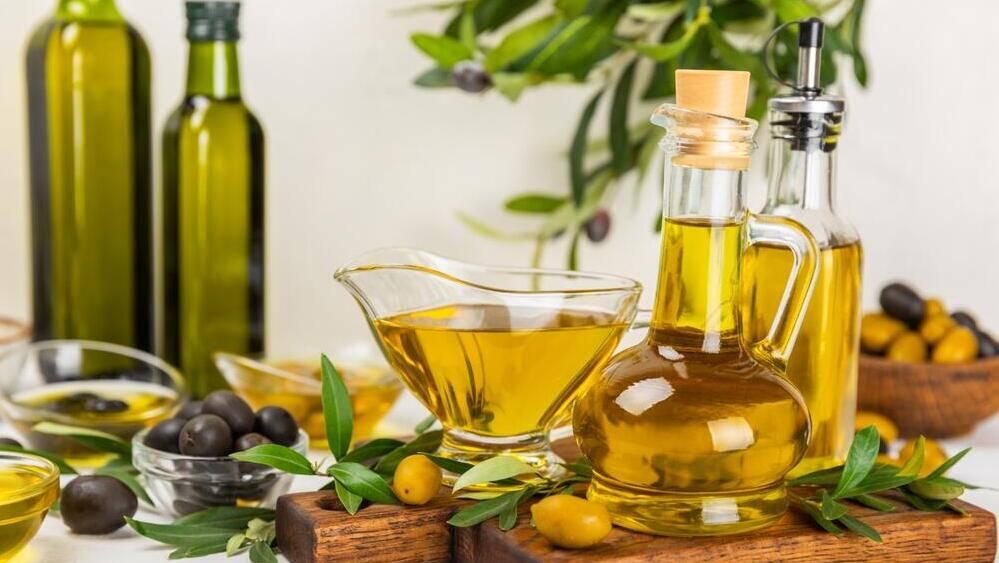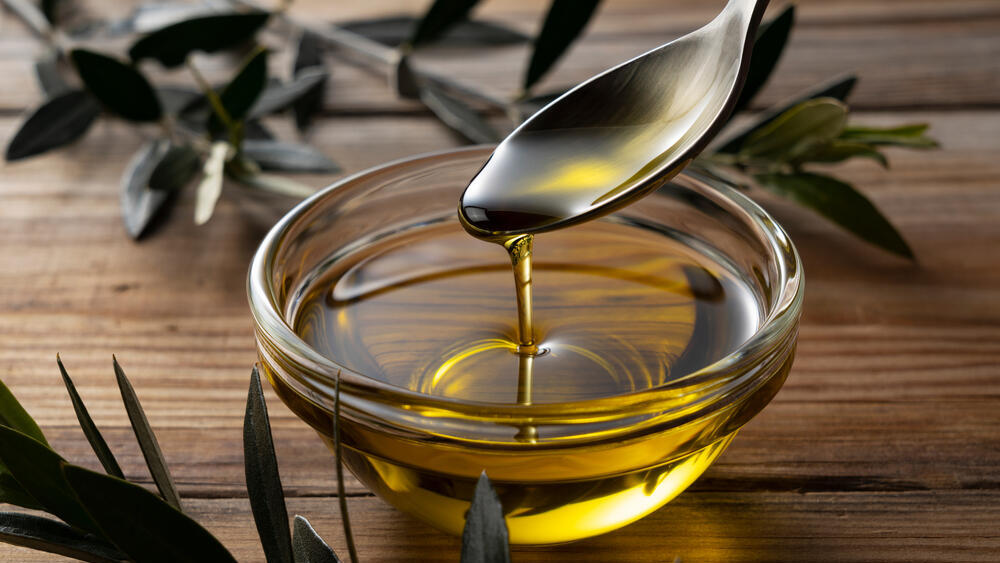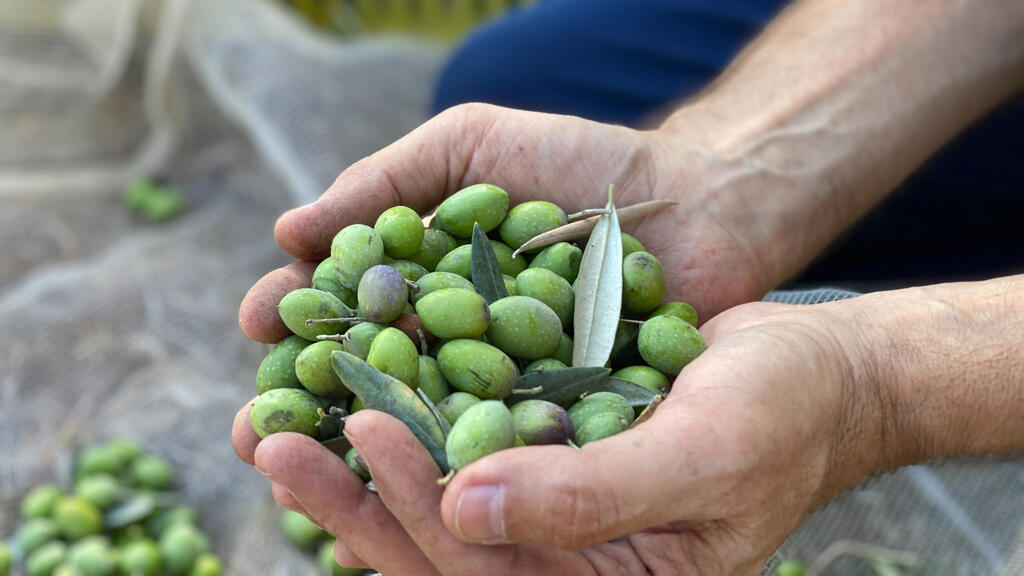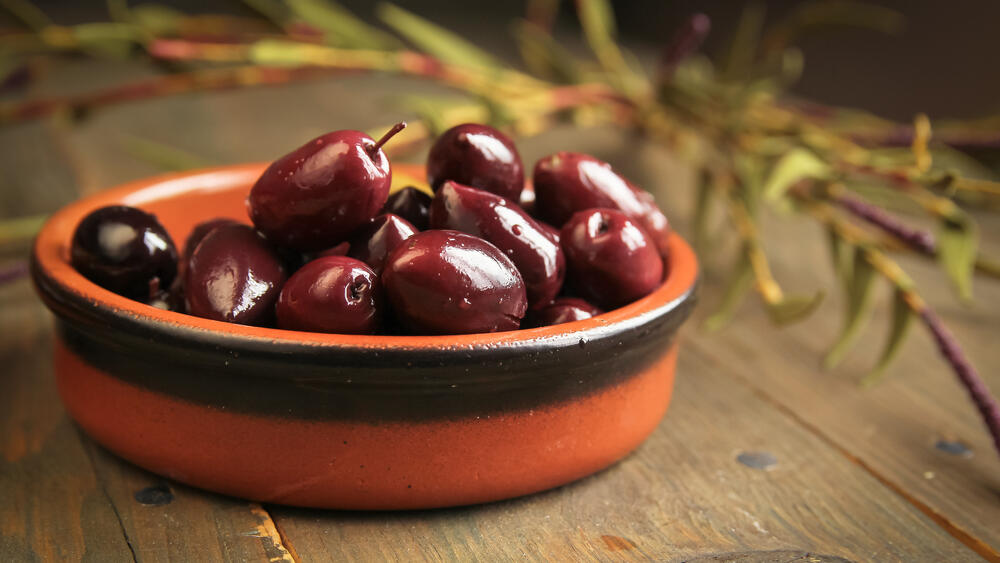Getting your Trinity Audio player ready...
Olive oil is the most well-regarded oil when it comes to health. The claims regarding its effectiveness and health benefits are backed by numerous studies that have proven it to be heart-healthy, protective against high blood pressure and cholesterol and even effective for weight loss.
For example, a study published by the Primary Prevention of Cardiovascular Disease with a Mediterranean Diet (PREDIMED), published in the New England Journal of Medicine in 2013, was groundbreaking in its conclusions and results regarding the health benefits of olive oil.
The interventional study was conducted in Spain with 7,447 participants who were at high risk for cardiovascular diseases (smokers, history of family illness, obesity) but without heart disease.
They were assigned to one of three diet groups: Those eating a Mediterranean diet enriched with olive oil, a Mediterranean diet enriched with nuts, and a low-fat diet (control group). Participants in the olive oil group received 50 ml of olive oil per day. The study showed a 30% reduction in the risk of mortality from heart disease, stroke and heart attack in both groups consuming a Mediterranean diet (enriched with olive oil or nuts).
Recent studies also indicate olive oil positively influences the composition of the microbiome (the bacteria in the colon that affect the health of the host). It's known that a Mediterranean diet, based on plant foods, increases the amount of indigestible fiber, thus providing food for the bacteria mainly in the colon and increasing their number and diversity.
Even when olive oil consumption was isolated, a decrease in disease-causing bacteria and an increase in bacteria that produce health-beneficial substances (metabolites), particularly those that produce short-chain fatty acids considered anti-inflammatory, were observed. Many diseases are inflammation-dependent, such as neurodegenerative diseases like Alzheimer's, diabetes, heart diseases and inflammatory bowel diseases.
What’s considered a healthy oil?
Edible oils are divided into saturated and unsaturated oils.
Saturated oils: These are considered less healthy and increase the risk of heart and vascular diseases. The more saturated the oils, the harder they become at room temperature.
Margarine and butter are examples of this. They’re mainly derived from animal products but are also found in foods that undergo various industrial processes and hardening, and naturally in plant oils like coconut and palm oils.
Unsaturated oils: These are considered a beneficial group of oils that help prevent disease. They’re divided into two main groups: polyunsaturated and monounsaturated oils.
Polyunsaturated: Includes Omega-3, found mainly in fish and flaxseed and Omega-6, found mainly in seeds and nuts.
Monounsaturated: Omega-9 for example, with oleic acid being the primary fatty acid. They mainly come from plant foods. The main products containing it are olive oil, avocado oil, hazelnut oil, almond oil and canola oil.
Olive oil contains additional components that impact health:
Polyphenols: These are natural substances that give color to vegetables, fruits and all edible plants. They’re very strong antioxidants and help protect against diseases. Oxidation processes that naturally occur in our bodies are linked to illness.
Olive pigments: Green olives, before they reach physiological ripeness, contribute to green oil due to the high level of chlorophyll in the fruit. Ripe (black) olives contribute to yellow oil due to the carotenoid pigment, which is yellowish red.
The color of the oil depends on the combination of these two pigments at the time of harvest. There’s a strong correlation between the amount of polyphenols and the aroma of olive oil. The stronger the aroma, the higher the quantity of polyphenols. On average, about 5 mg of antioxidant polyphenols are found in 10 grams of olive oil. Seed and nut oils don’t contain polyphenols.
How is olive oil quality determined?
Olive oil is produced through cold pressing. The olives are pressed and the oil is extracted with minimal processing, which helps preserve its nutritional components. The International Olive Council sets quality standards for olive oil based on its production process and acidity level.
An olive oil’s acidity level indicates the percentage of free acids in the oil. The acidity levels of olive oil in Israel are determined by Agriculture Ministry laboratories and those recognized by Israel’s Plants Production and Marketing Board. The lower the acidity, the higher the oil’s quality – up to 0.8% is considered the highest quality (extra virgin olive oil).
The standard defines three quality levels of olive oil suitable for human consumption:
Extra virgin olive oil: Oil obtained through cold pressing (using compression only at a temperature of 27°C), with a free oleic acid level not exceeding 0.8%.
Virgin olive oil: Oil obtained through cold pressing with a free oleic acid level not exceeding 2%.
Ordinary virgin olive oil: Oil obtained through cold pressing with a free oleic acid level not exceeding 3.3%.
The standard also defines various types of oils not suitable for consumption without further processing, including refined olive oil, blended olive oil and olive pomace oil.
Does olive oil storage affect its health impact?
Proper storage of olive oil is crucial for maintaining its benefits and preventing harm. The most important measure is the oil’s oxidation level. It’s essential to store it in a cool place and in a container that shields it from sunlight. Olive oil sold by the roadside in plastic bottles isn’t recommended. Olive oil can be consumed in combination with various daily meals.
Is it safe to fry using olive oil?
It was said that olive oil wasn’t suitable for frying for many years, but studies have shown that the oil’s nutritional values can withstand high heat without being reduced, likely due to those same polyphenols that prevent the oil from oxidizing under prolonged heat.
- Dr. Sigal Frishman is the Clalit Health Maintenance Organization’s national dietitian.






